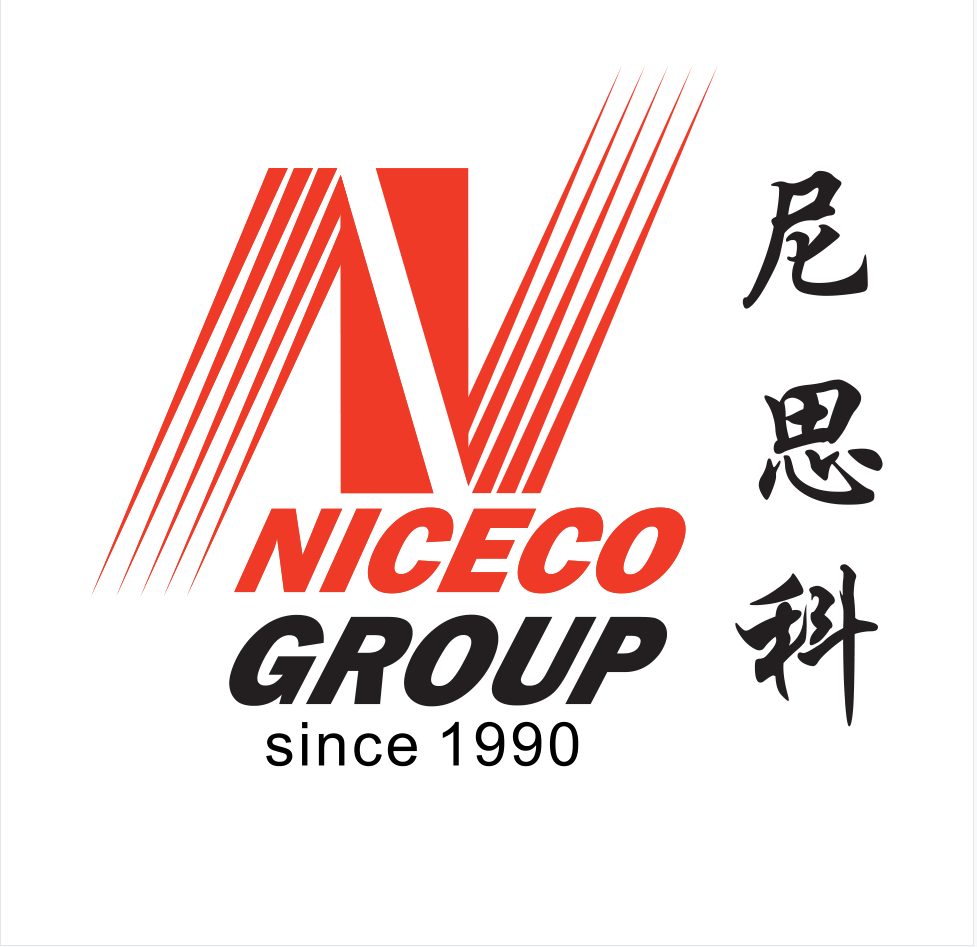Deepening mutually beneficial cooperation is a pragmatic choice for China-EU economic and trade relations
- Categories:Media reports
- Author:
- Origin:China.com
- Time of issue:2022-11-14
- Views:0
(Summary description)
Deepening mutually beneficial cooperation is a pragmatic choice for China-EU economic and trade relations
(Summary description)
- Categories:Media reports
- Author:
- Origin:China.com
- Time of issue:2022-11-14
- Views:0
Recently, European politicians have recognized the significance and mutually beneficial relationship of China EU economic and trade cooperation with their statements or practical measures. German Prime Minister Schultz took the lead in Europe, leading a huge business delegation to start his first visit to China. Schultz is also the first Western leader to visit China since the 20th CPC National Congress and the outbreak of COVID-19. In his signed article, he explained that China is still an important business partner of Germany and Europe, and forcefully refuted the so-called "China Europe decoupling theory". The European Union's High Representative for Foreign and Security Policy Bori also wrote that China is an important economic partner of the EU.
The above statement reflects that the European side is looking at China EU economic and trade relations with a more rational and pragmatic attitude, and has gradually identified the foothold of its own interests in the howl of some countries and politicians calling for "decoupling", "breaking the chain", "building walls" and "confrontation". After nearly 50 years of exchanges, China EU economic and trade relations have already formed a situation of mutual dependence, win-win cooperation, and mutual benefit in the general trend of economic globalization. At the same time, the huge potential and opening power of China's economy, as well as the characteristics of complementary economic advantages and interests between China and Europe, have enabled China EU economic and trade relations to continue to maintain a steady, progressive and sustainable development trend, and have withstood the challenges of high winds and waves such as the undercurrent of counter globalization, the impact of the COVID-19, and geopolitical turmoil.
Since 2019, the EU has maintained its position as the second largest trading partner of China, and since 2022, China has also remained the first largest trading partner of the EU. The total trade volume between China and the EU will increase by 4.4% and 18.3% respectively in 2020 and 2021. In 2021, the bilateral trade volume between China and the EU will reach a new high of US $828.1 billion. Such achievements stand out against the background of the epidemic. From January to October 2022, China EU bilateral trade volume has reached USD 711.3 billion, up 6.3% year on year. These data reflect that mutual cooperation between China and the EU is the choice of the market, the choice of the times and the choice of history.
At the same time, Europe also experienced the ugly faces of some countries that clamoured to confront and decouple from China through their own economic costs, taking advantage of the geopolitical chaos, cutting off allies' leeks, and making war and bad money. Against the background of intertwined energy crisis and geopolitical conflict, European economy encounters difficulties, but at the same time, it occasionally encounters the backbiting of countries that preach "alliance and solidarity" and "attach importance to allies and partners".
The United States increased tensions by igniting oil in the Ukraine crisis, and helped its fossil energy industry reap the dividends of war by selling security anxiety and damaging EU Russia energy relations. Since this year, the United States has sold more than 200 billion dollars of arms to European countries, and the volume of liquefied natural gas exported by the United States to the European Union has more than doubled, selling at a price several times higher than that of China. In the field of monetary finance, the Federal Reserve unilaterally raised interest rates to export inflation to Europe and other places, and pushed the euro dollar exchange rate to a 20 year low, increasing the pressure on European countries to import energy and raw materials. The trade imbalance continued to intensify, and financial capital continued to flee to the United States.
In terms of industry, the United States took advantage of the situation and tried to induce EU industries to migrate to the United States through energy leverage. In the context of the energy crisis, many European manufacturing enterprises reduced their local production capacity and tried to increase investment in the United States. At the same time, in the Inflation Reduction Act, large-scale subsidies for electric vehicles and clean energy products produced in the United States and the countries under the US Canada Mexico trade agreement are blatantly discriminatory against other countries' products. It is the unilateral hidden trade protectionism launched by the Biden government to seize the leadership of the global clean energy industry, which has greatly shaken the non discrimination principle of the WTO and is regarded as a major challenge in the field of clean energy by European political and industrial circles, And trigger the tendency of industrial transfer.
European countries generally strongly criticized the United States for its unilateral self-interest and damage to the interests of its allies. The EU's internal market commissioner, Thierry Brayton, said that the United States is passing the Inflation Reduction Act to provide investment incentives for domestic companies, and will start a "subsidy competition". The EU is extremely disappointed with the practice of so-called "like-minded" partners. French President Marc Long said that it is a "double standard" for the United States to sell LNG to Europe at a price 3-4 times higher than its own. French Economy and Finance Minister Le Maire pointed out that the "Inflation Reduction Act" may have a significant impact on European industry, which is "unacceptable" in Europe.
Against this background, Europe has gradually realized the unreliability of the United States as the sole source of future economic relations. The Biden government has verbally advocated attaching importance to the interests of allies, but in essence, it has held high the banner of self-interest, further eroding the foundation of European economic recovery and stable development.
China holds high the banner of international openness and cooperation. The report of the 20th National Congress of the Communist Party of China emphasized that China adheres to the basic national policy of opening up to the outside world, firmly pursues the win-win strategy of opening up, constantly provides new opportunities for the world with China's new development, promotes the construction of an open world economy, and better benefits the people of all countries.
Recently, the chief executives of eight large multinational enterprises in Germany jointly wrote an article, stressing that they firmly believe in China's growth potential, attach importance to the impetus that China's economic vitality brings to Germany and Europe, and help solve common global problems. We have reason to believe that China EU economic and trade relations can enjoy greater development on the basis of dialogue, mutual respect and practical cooperation.
Scan the QR code to read on your phone
Recommend
CONTACT US






